WebX2024 Event Report
- 2024.08.30
- Event

The largest Web3 technology conference in Asia, "WebX2024," was held in Tokyo on August 28 and 29. The report focuses on topics related to blockchain games.
Asia's largest international conference on Web3 technology, 'WebX2024,' was held over two days, August 28th and 29th, at The Prince Park Tower Tokyo in Shiba Park, Tokyo. Industry experts and companies from around the world gathered to engage in lively discussions about cutting-edge technological innovations and their practical applications.
It was impressive to see the industry's great expectations for the future evolution of blockchain game experiences. This report focuses on the potential and prospects of blockchain games as discussed at WebX2024.
Game Area
In the game area, there was a play stand that imaged the body of the game center, creating a cyber-like venue. Here are some block chain games that were spotted.
SYMBIOGENESIS
A collaborative project called SYMBIOGENESIS is underway to commemorate the 70th anniversary of Tennokikou's birth. At the booth, a 'Galapon Lottery' was held, offering prizes without any misses. A 'live drawing' was also conducted by Creative Director Toyoda. The completed illustrations were presented as NFTs to all registrants who obtained QR codes in the Galapon Lottery, making it a luxurious plan.
Blade of God
At the entrance, the eye-catching display was 'Blade of God', a popular series with 6 million downloads, rebuilt on Web3. Based on 'Blade of God', which was nominated for the best indie game at the Tokyo Game Show in 2017, it offers a new gaming experience taking advantage of Web3 features. The cross-platform development for PC, iOS, and Android allows it to be enjoyed anywhere. An active community is forming with 200,000 new players joining monthly. A test play is scheduled soon.
MapleStory Universe
MapleStory Universe is a Web3-compatible MMORPG developed by Nexon. While inheriting the world view of the original 'MapleStory', it introduces blockchain technology, constructing an ecosystem where players can own and trade items as NFTs. The game includes 'MapleStory N' for PC, 'MapleStory N Mobile' for mobile, and 'MapleStory N Worlds' for user-generated content, allowing play on different platforms. Particularly, with the introduction of NXPC tokens, players can participate in creating and trading items, ensuring the value of items is maintained by limiting supply.
*Currently, access from Japan is restricted.
L3E7
L3E7 is an action ARPG with the concept of a Web3 version of Pokemon GO in a digital world of Genshin Impact. Players embark on adventures in a metaverse space where real-world buildings and landscapes are recreated, engaging in battles against invaders.
The game mode offers two types: outdoor and indoor. In the outdoor mode, the player's avatar moves in real-time within the game using the GPS function of the mobile phone to match the player's actual movement. On the other hand, in the indoor mode, players can participate in the game using a simulator without going outside.
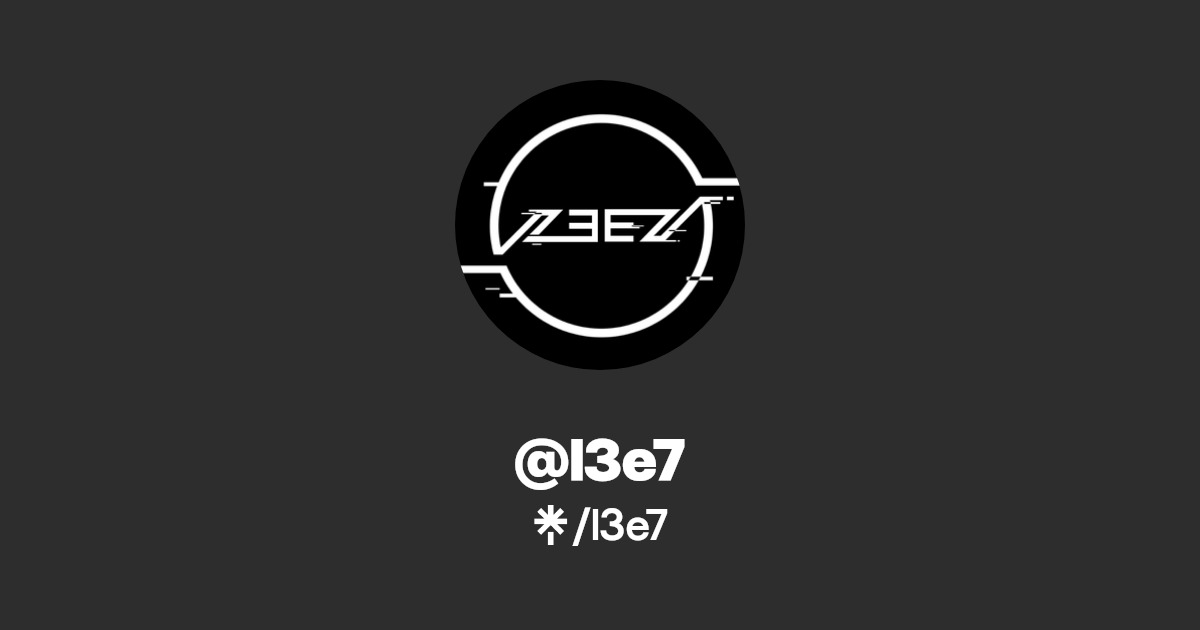
CapVerse
Capverse is a unique digital pet game set against the backdrop of a space civilization. In this mobile game, players form teams with three characters called 'Sumers' and enjoy nurturing and engaging in strategic battles. The game's appeal lies in its clever combination of pet raising and combat elements. In addition to ranking rewards in PvE and PvP modes, players can earn profits through mission clearing and buying and selling rare NFTs. Furthermore, the introduction of the unique token '$CAP' (with a total supply of 2 billion) adds depth to the in-game economy. Currently, Sumers NFTs and $CAP tokens have already been issued, and the game is being deployed on the BNB chain. Plans are also underway for expansion into Japan.
KOKODI
KOKODI is a cross-chain compatible multiplayer platform MMO game set in a magic fantasy world inspired by Japanese anime culture. As a third-person action shooter, it offers both PvP and PvE modes, blending strategic combat and immersive storytelling.
The game's features include actions across multiple blockchains, diverse races and characters, NFT integration, and play-to-earn mechanics. It operates on the BEAM blockchain and incorporates an in-game economy using KOKO tokens.
Designed to be accessible without prior blockchain knowledge, the game automatically generates a wallet upon account registration, enhancing accessibility. Currently in the closed beta phase, it is a title with expected future developments.
The development team plans to launch in 2024 and is currently accepting registrations for the wishlist.
https://store.epicgames.com/ja/p/kokodi-fee89a
Panel session report 'The Future of the Gaming Industry: Possibilities and Challenges of Utilizing New Technologies'
At the prominent panel discussion at WebX2024 titled 'The Future of the Gaming Industry: Possibilities and Challenges in Utilizing Emerging Technologies,' five leading figures in the industry engaged in a heated discussion.
When asked what expectations and aims he had when he started working in this business, Kanetomo said, “The advent of cryptokitties was a shock,” he said. He said that blockchain technology has revolutionized the trading of game assets. On the other hand, Mr. Manzoku pointed out that “looking at existing cases, we still need to put a twist on it. Mr. Sanada cited the success of STEPN and mentioned the possibility of a new user experience of “earning money.
However, Mr. Murata calmly analyzed the current situation in the summer of 2024, saying, “The number of user transactions was not as high as expected.” He then gave up on large-scale game development and chose to wait and see by offering small-scale games. Mr. Kanetomo also pointed out the problem: “Momentum is not continuing due to the lack of hit titles.
Still, he has high hopes for the future of Web3 games. Mr. Sanada said, “STEPN has 700,000 users, and the average price per customer is 100,000 yen.” He insisted, “It is important to set targets in a business plan with a development budget that is appropriate for the scale of the market, without making any mistakes in how to handle the relationship between the average price per customer and the scale of the number of users. Mr. Kanetomo also predicted that the scale of the secondary market will become a new indicator.
As for future strategies, Mr. Murata emphasized the need to “balance aggressive development with existing businesses,” while Mr. Kanetomo stressed the need to “create an on-chain of valuable content. Mr. Manzoku expressed hope for growth in the Asian market, while Mr. Sanada proposed expanding the user base through the F2P model.
Web3 is certain to spread. The question is 'when. Mr. Kanetomo's comment, to which all the panelists nodded, was a memorable part of the session.
Topic: What are the necessary elements and required tokenomics for the development of blockchain games?
Talknomics' session on the elements and requirements for the development of blockchain games, first, when asked about the “necessary parts for the future development of blockchain games,” Mr. KAZU stated that “right now, the mainstream is simple games where people with little time can earn money easily,” and that “in the future, really interesting and addictive In response to his statement that “games that are really interesting and addictive will appear,” Mr. Sanada argued that “we should not aim for a traditional game experience with blockchain games.
He said that traditional game development requires a huge budget, and that blockchain games require a different approach. He proposed the concept of “Web 2.5” and explained the strategy of gradually adding Web 3.0 elements to games that can be played on Web 2.0.
Meanwhile, Mr. Kazu emphasized the need to take a different approach for Web2 users and Web3 users: the WOLF project offers games with high entertainment value for Web2 users and games that can be profitable in a short time for crypto-miners.
Ishihama pointed out the importance of making the transition from Web2 to Web3 in stages, and said that it is important for Yay! to focus on the user experience and to aim for a service that can be used easily without knowledge of crypto assets.
In response to a question about ideal tokenomics, Sanada said that a sustained price increase would be ideal. He pointed out the dilemma of tokens crashing as the popularity of the game increases, and explained the strategy of using advertising revenue to maintain a balance between supply and demand for tokens.
Mr. Kazu emphasized the importance of balancing the concepts of sharing and ownership. He proposed an approach that takes a long-term perspective and aims for the well-being of the community.
On the other hand, Mr. Ishihama insisted on the importance of creating demand for tokens and ensuring their liquidity. In particular, he pointed out the importance of liquidity brought by outside investors and traders.
Finally, Mr. Sanada predicted that the future of Web3 will be linked to the real world. He emphasized the potential of Web3 as a foundation for liquidating real world value rather than a purely virtual experience. He also pointed out the importance of developing games that incorporate social networking and community elements, citing the decrease in users' disposable time as a challenge for the gaming industry as a whole.
The session showed that the development of blockchain games requires a different approach from conventional game development, and that a balance between Web2 and Web3, appropriate tokenomics design, and coordination with the real world are important.
In response to the question about 'ideal tokenomics,' Mr. Mita stated that sustainable value appreciation is ideal. He pointed out the phenomenon where as a game's popularity rises, tokens tend to suddenly drop, and explained a strategy to maintain a balance between token demand and supply by utilizing advertising revenue.
Mr. Kazu emphasized the importance of achieving a balance between the concepts of sharing and ownership. From a long-term perspective, he proposed an approach aiming for the happiness of the community.
On the other hand, Mr. Ishibashi argued that creating token demand and ensuring liquidity are important. He particularly noted the importance of liquidity brought by external investors and traders.
Finally, Mr. Mita predicted that in the future of Web3, connection with the real world will become crucial. He stressed the potential of Web3 as a foundation for the circulation of real world values rather than just pure virtual experiences. Additionally, he highlighted user challenges within the entire gaming industry, such as reducing wait times and the importance of integrating social network and community elements into game development.
The development of blockchain games requires a different approach from traditional game development, and it was highlighted in the session that balancing Web2 and Web3, designing appropriate tokenomics, and linking with the real world are essential.

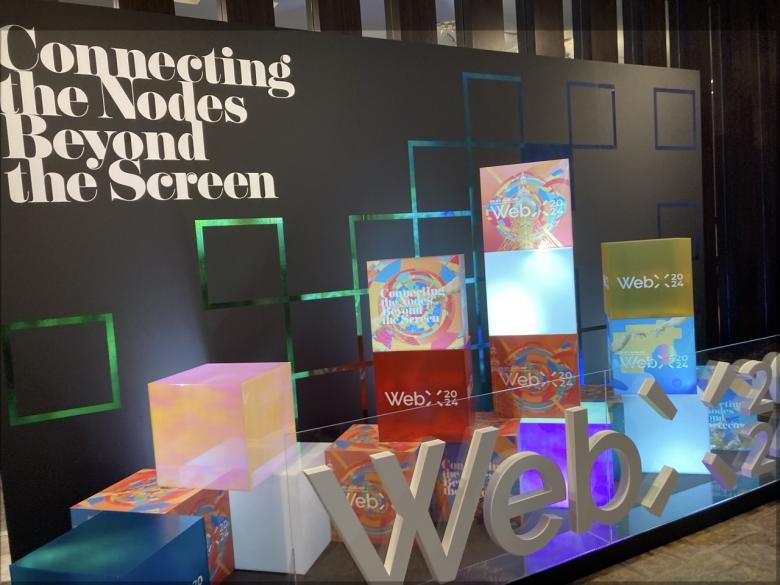
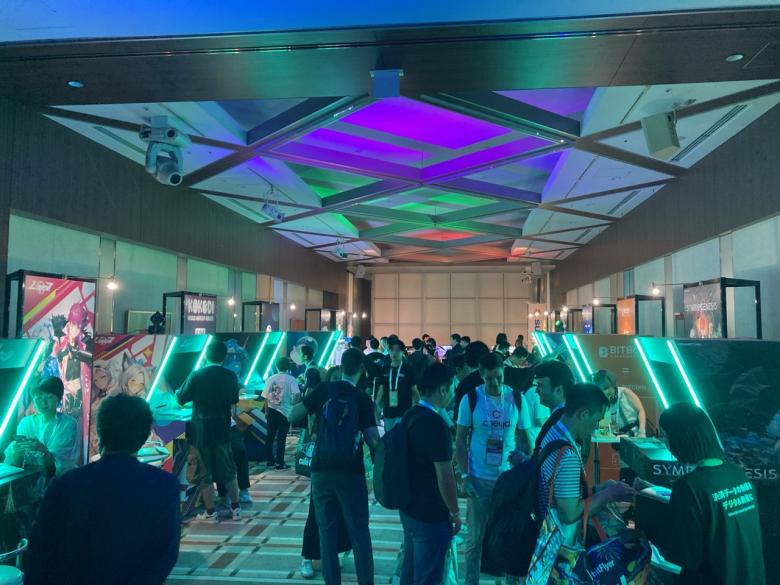
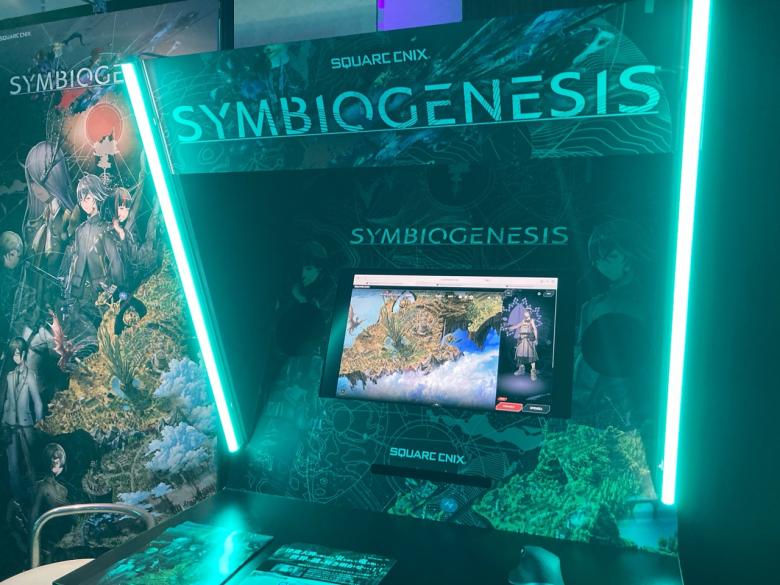
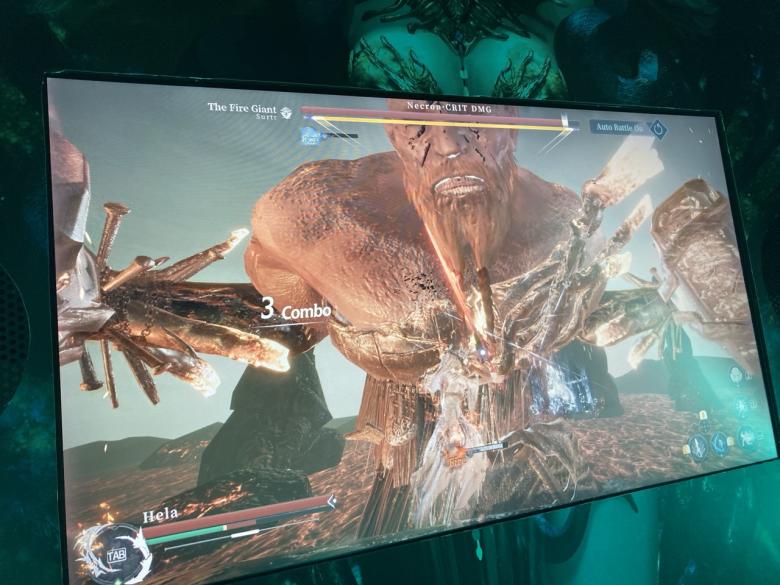
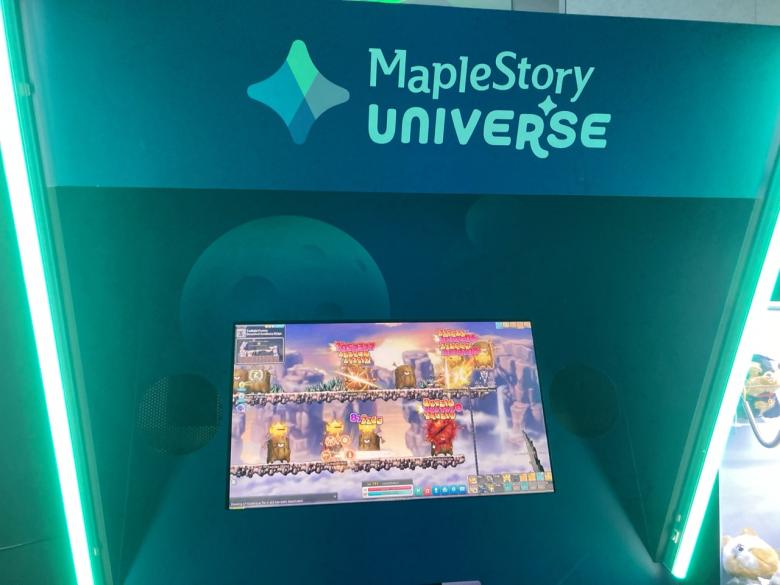
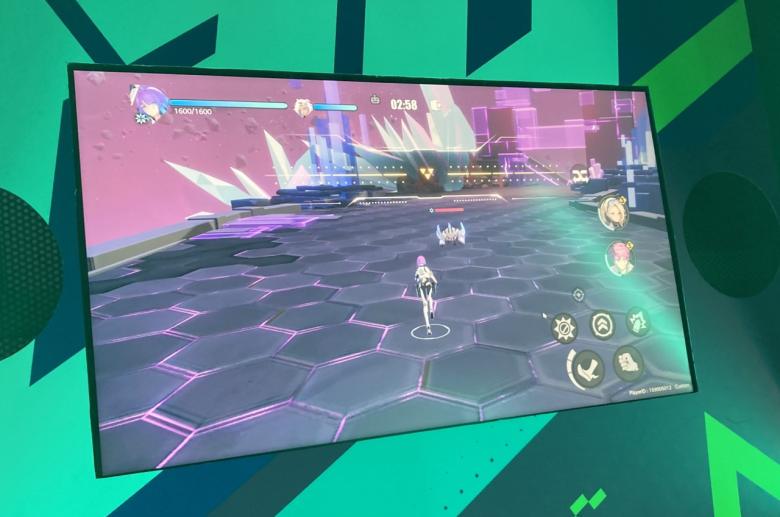
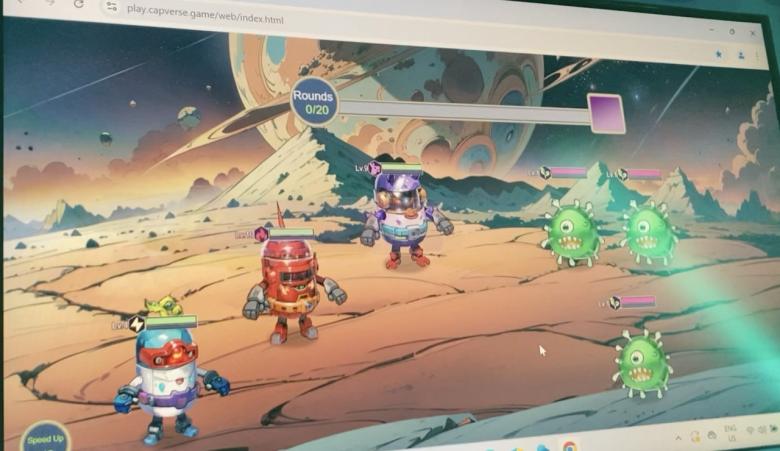
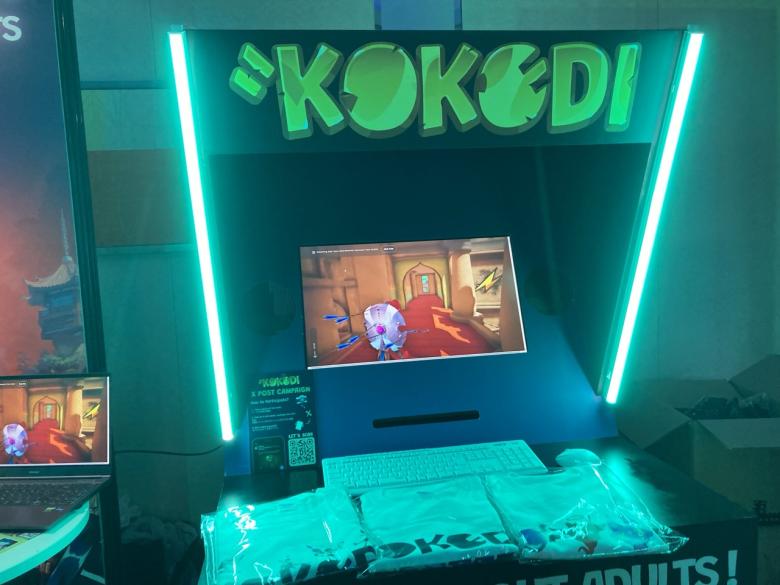
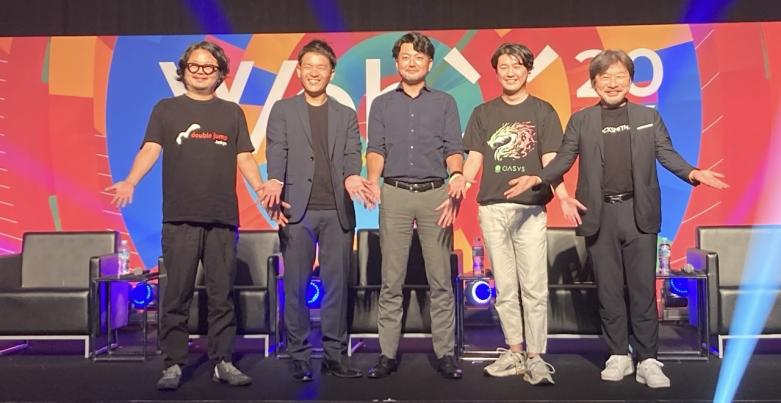
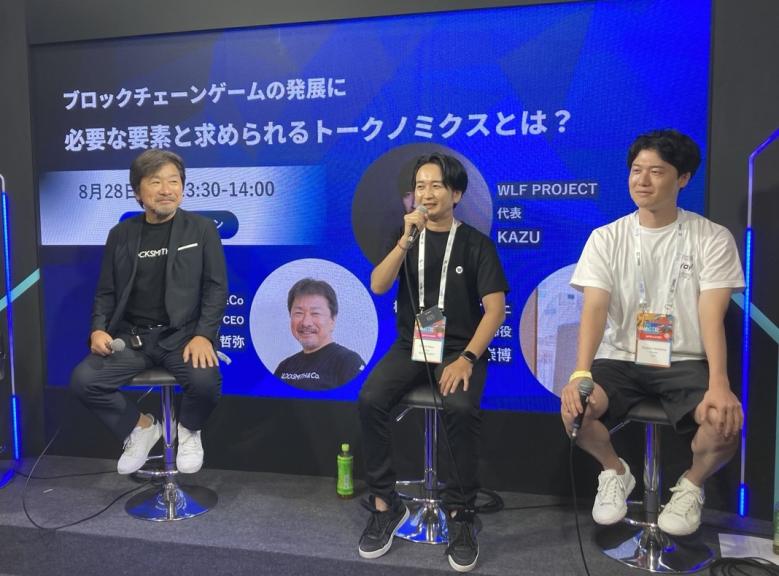



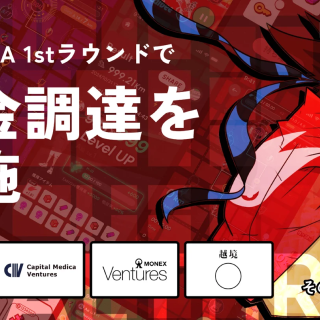
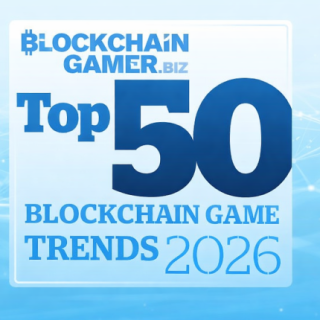
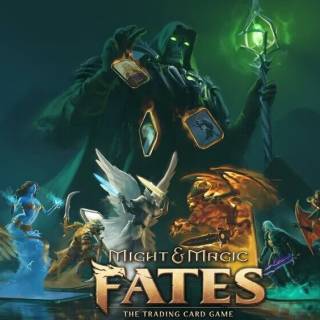

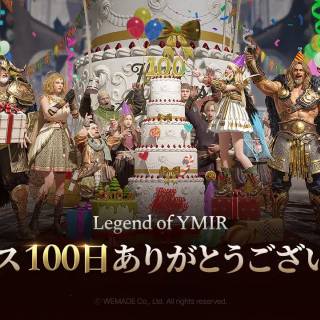


.png)
.png)
